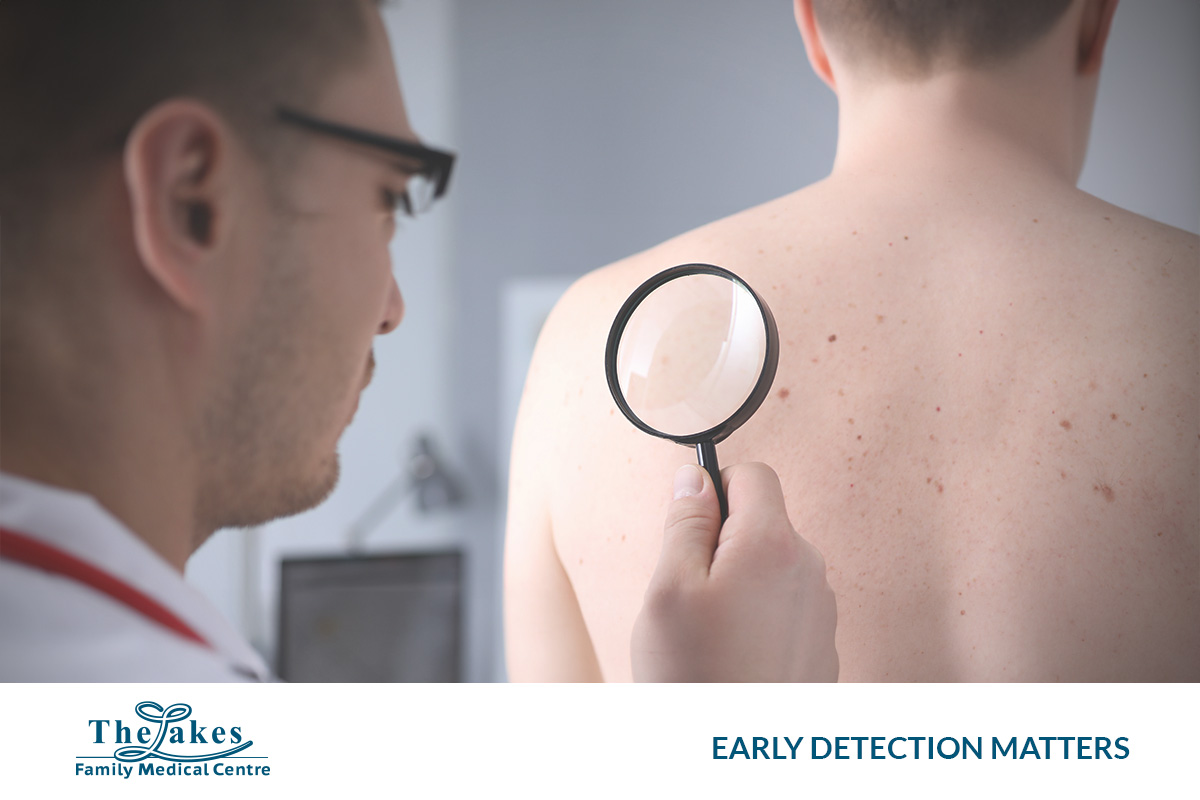
Skin cancer, one of the most common types of cancer globally, is particularly concerning due to its rising incidence rates. However, with early detection, the chances of successful treatment are significantly higher. This article delves into the importance of skin cancer screenings and how they can be lifesaving.
Understanding Skin Cancer
Skin cancer arises from the abnormal growth of skin cells, often due to excessive exposure to ultraviolet (UV) radiation from the sun or tanning beds. There are several types of skin cancer, with melanoma being the most serious. Recognizing early signs and changes in the skin is crucial in catching the disease in its early stages.
The Role of Regular Screenings
Regular skin cancer screenings, either self-examinations or professional evaluations, are vital in detecting skin cancer early. Dermatologists recommend annual skin checks for most adults, but more frequent checks may be necessary for those with a higher risk, such as individuals with fair skin, a family history of skin cancer, or a personal history of sunburns.
Self-Examination: The First Line of Defense
Self-examination involves checking your skin for any new or changing moles, freckles, or spots. The ABCDE rule (Asymmetry, Border irregularity, Color that is not uniform, Diameter greater than 6mm, and Evolving size, shape, or color) can help identify suspicious lesions. Any changes or unusual spots should prompt a visit to a dermatologist.
Professional Screenings: A Deeper Assessment
A dermatologist can provide a more thorough skin examination. They use tools like dermoscopes to closely examine skin lesions and can perform biopsies of suspicious areas. These professionals can also guide on the best practices for skin protection and monitor any changes over time.
Early Detection: The Key to Successful Treatment
When detected early, the treatment success rate for skin cancer, especially for melanoma, is incredibly high. Early detection often means the cancer is localized and can be treated more effectively, typically with less invasive methods.
The Impact of Delayed Screening
Delaying skin screenings can lead to the progression of skin cancer to more advanced stages, which might require more aggressive treatments and can decrease the likelihood of a successful outcome.
Awareness and Education
Raising awareness about the signs of skin cancer and the importance of screenings is crucial. Educational initiatives can encourage people to take an active role in their skin health, leading to earlier detection and treatment.
Conclusion
Regular skin cancer screenings are a simple yet powerful tool in the fight against skin cancer. They provide an opportunity for early detection, which is critical for successful treatment. Integrating regular self-examinations and professional evaluations into your healthcare routine can be lifesaving. Remember, when it comes to skin cancer, early detection truly matters.
This article emphasizes the significance of early detection in the effective management of skin cancer. By understanding the importance of regular skin screenings and staying vigilant about changes in your skin, you can take a proactive approach in safeguarding your health.
Embark on whole year with a commitment to your health. At The Lakes Family Medical Centre, we’re here to guide you every step of the way. Together, let’s make this year your healthiest yet! Head to Hotdoc and book an appointment,, Start with personalised healthcare!
Learn more about The Lakes Family Medical Centre :




